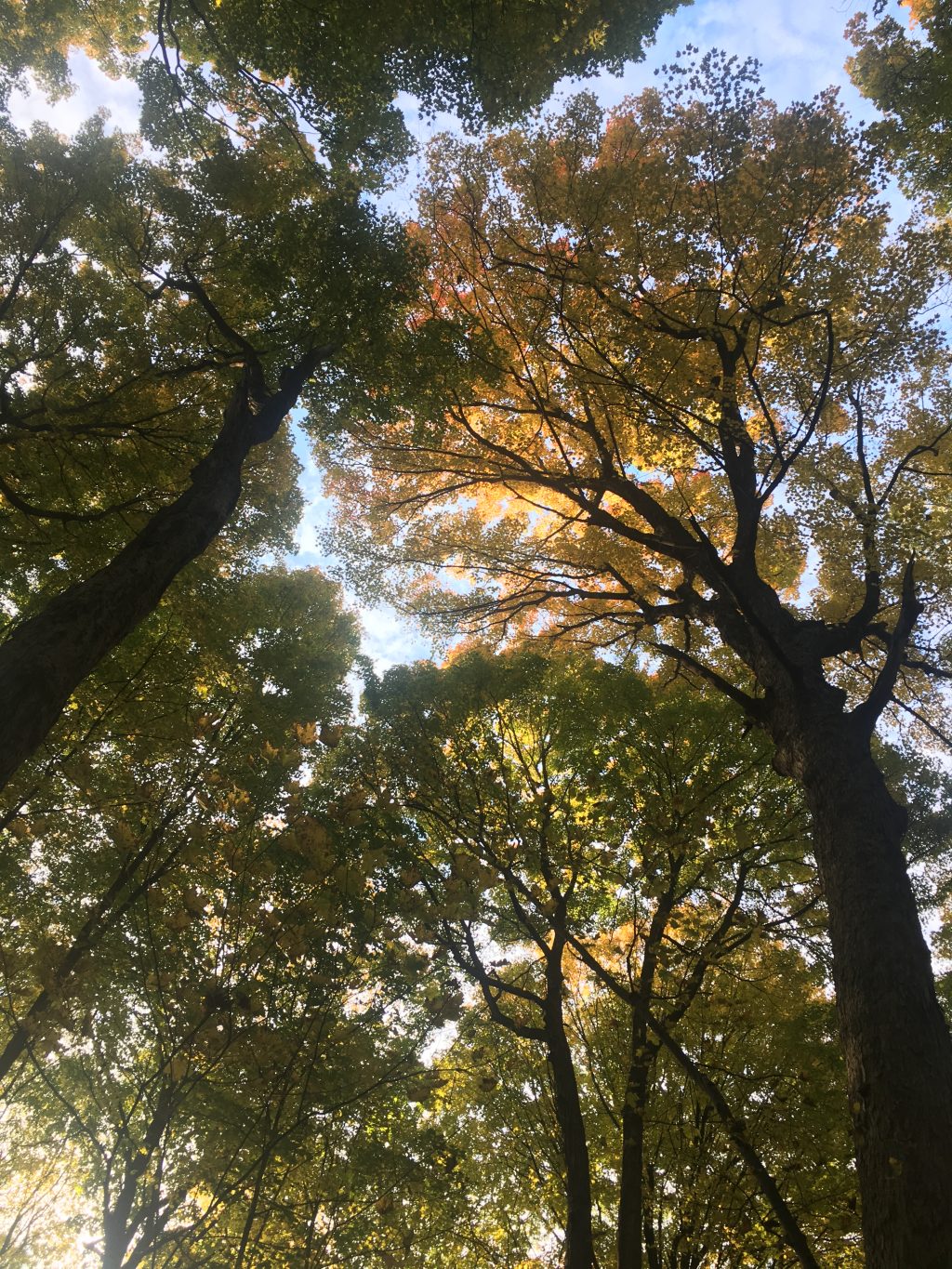Detroit Needs Trees to Combat Effects of Climate Change
Trees are an important piece of city infrastructure, says writer Brian Allnutt, especially as climate change progresses throughout the Midwest.

Environmental writer Brian Allnutt has written a new piece in Planet Detroit exploring the Detroit canopy and the relationship that Detroit residents have with trees in the city.
He says that some of the residents he spoke with have legitimate concerns about the maintenance of trees in and around their homes. “Things like trees falling on rooftops, trees falling and creating power outages,” Allnutt says, “one woman said a tree had fallen on the street in front of her house and people ended up driving through her front yard for a week so people do have legitimate concerns.”
Climate Challenges Ahead: Water and Heat
Allnutt says that climate studies and experts say that the two biggest impacts of climate change that we are likely to see in Michigan are heat and flooding events.
In looking at the issue of heat, Allnutt says “trees help with cooling in a few different ways: They provide shade and when they emit moisture through leaves that can provide evaporative cooling.” He goes on to say that some studies have shown that the difference between forested and non-forested areas of cities can be as much as 20 degrees.
Trees are Crucial Infrastructure
Trusted, accurate, up-to-date
WDET is here to keep you informed on essential information, news and resources related to COVID-19.
This is a stressful, insecure time for many. So it’s more important than ever for you, our listeners and readers, who are able to donate to keep supporting WDET’s mission. Please make a gift today.
